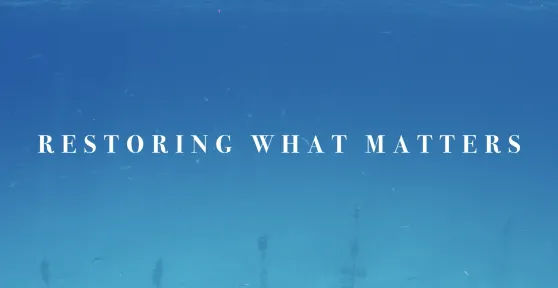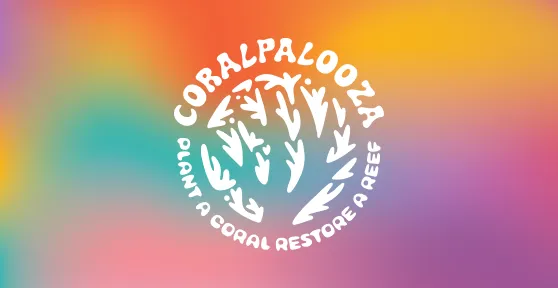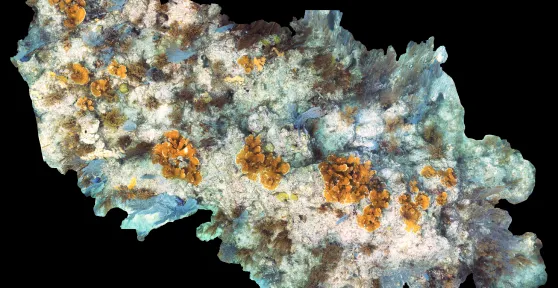
From February 27 to 29, 2024, the Coral Restoration Foundation™ participated in the ‘Closing the Coral Circle’ workshop, hosted in Arlington, Virginia marking a significant milestone in propelling coral restoration initiatives forward.
The “Closing the Coral Circle” workshop delved into the intricacies of coral restoration by focusing on the various stages of the coral life cycle. Participants evaluated the current state of knowledge and technological capabilities in addressing the different stages of the coral life cycle. These “moonshot” approaches are aimed at achieving the ultimate goal of consistent recruitment of Caribbean reef-builders, such as Acroporids and Orbicellids, to the reef.
The workshop hosted approximately 50 international experts from diverse backgrounds, including restoration practitioners, coral reef management groups, and engineers specializing in robotics and remote sensing. Breakout groups were established for every stage of the coral life cycle, spanning from embryo to larvae, larvae to juvenile, and juvenile to adult. Each group concentrated on addressing inquiries specific to their corresponding phases, combining expertise and knowledge. This facilitated the identification of common ground but also known disparities. Alex Neufield, Coral Restoration Foundation’s™ Science Program Manager stated, “ I think it’s clear from this workshop that we already have the technologies to begin answering some questions and solving ‘low-hanging fruit’ problems. If we can show that everything in the coral life cycle is working physiologically and developmentally, then we’re really just left with a population density issue- a numbers game.”
A concerning decline in juvenile Acroporid settlement and maturation on Caribbean reefs poses a threat. Without adequate recruitment and juvenile growth, populations face further decline, jeopardizing the resilience of Acropora-dominated reefs. These corals, known for their rapid growth, are key in reef-building, as their colonies create ornate structures fostering habitat complexity and supporting diverse marine life, essential for ecosystem recovery and associated services. Restoring the life cycle of Acropora corals is paramount for rejuvenating the essential processes driving natural recovery and adaptation in Caribbean coral ecosystems, including both sexual and asexual reproduction methods vital for enhancing genetic diversity and resilience.
The long-term vision of the Coral Restoration Foundation™ and coral restoration globally is not only to restore coral populations but also to ensure their long-term sustainability and resilience within natural reef ecosystems. Reliable spawning events of corals serve as positive indicators of the health and reproductive capacity of restored coral populations. However, the absence of a corresponding increase in juvenile corals growing on the reefs raises questions regarding this step in the coral life cycle. Understanding why spawning events do not lead to successful recruitment is indispensable for restoration practices.
The main goal of coral restoration efforts is to restore reef ecosystems to a self-sustaining state where wild populations can maintain themselves through natural recruitment processes. Failure to achieve this would compromise the sustainability of reef ecosystems, rendering restoration efforts merely a temporary replenishment of declining populations. Phanor Montoya-Maya Coral Restoration Foundation’s™ Reef Restoration Program Manager rejoiced, “By holding the largest populations of Acroporid corals in Florida, CRF’s™ in-situ nurseries become the perfect setting for real-world (field) testing and experimentation of many of the strategies proposed to close the knowledge gaps.”
Despite the daunting obstacles, there is still hope for coral reefs. With collective effort and collaboration, we possess the necessary tools to address these issues effectively. Stay tuned with the Coral Restoration Foundation™ to remain engaged in our ongoing efforts to restore and preserve these invaluable ecosystems for generations to come. Together, we can make a difference!
Written by: Angela Pappas, Intern




